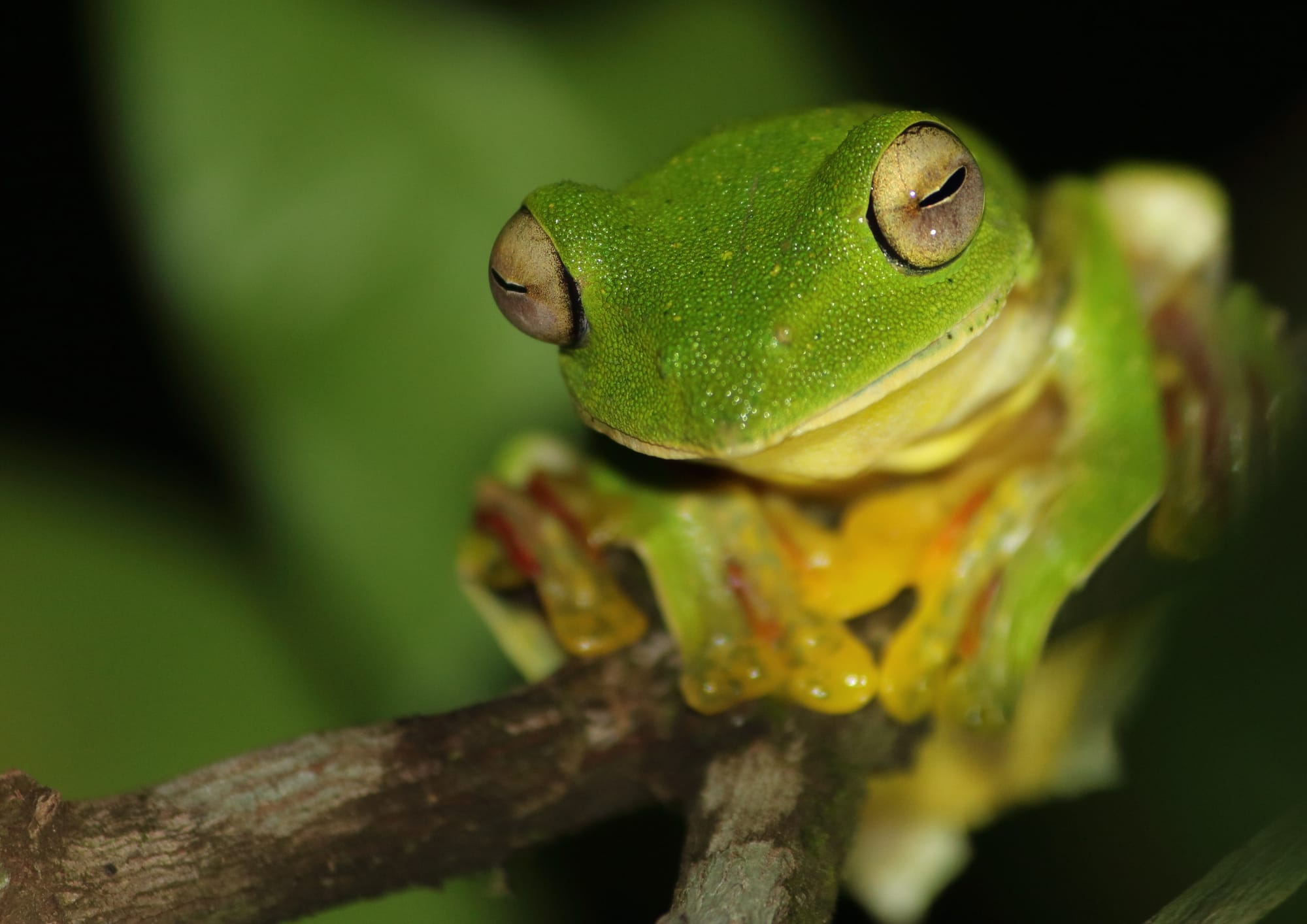It's more than careless to lose a million species

Senior
We know something about climate change, unless we're flat earth types or have been living beneath a rock, and whilst we really do know that 'there's trouble ahead,' the prospect of facing the music and dancing, seems easier for Frank Sinatra than it is for apocalyptic human kind today. (Google Let's Face the Music and Dance)
Even without knowing the mechanics involved, there is something irrevocable about mass extinction, not of individuals, but of species. Biodiversity in the global ecosystem is something that human beings depend on unequivocally. It is an unthinkable act that this biodiversity might be lost.
This biodiversity is fundamental to human life. Despite the technological
Climate change
Invasive species
Polution insects - butterflies chemicals in farming
What is happening to the state of nature? How do people interact with nature and find centres of identity.
Stop food waste diet
Governments and food systems
Survival tied to biodiversity
Collapse of ecosystems and food chains
What are the recommendation - lots of different approaches (mindset change) thinking about what we eat. Eat more vegetables etc.
The rules of the game are stacked against me... the political situation is responsible? Everyone is pointing the finger at everyone else. Range from single individual to governments.
Humanity is in trouble, not the planet - our loss - connect with nature today... we need government ethics. Let's stop making things artificial. Stop monoculture. Focus on biodiversity. Resiliency is lost, and vulnerability occurs. Then floods storms, heatwaves etc. How do I in the next few days reconnect with nature so Im happier.
But people don't self regulate. Which politician understands the role of nature the most. If not they don't deserve to be there. Maintaining our habitat. We are destroying what allows us to live leading to inequality.
Address globalisation too many ships moving too much stop, Consume locally. reduce consumption,
Consider the benefits of globalisation to some poorer countries.
Understand the costs of action and there should be more transparency.
Biodiversity summit of UNESCO. Henri Londes Londestini sustainable development; Jean Miguez ashkartey business school.
Watching Youtube movies about the scale of the universe (I recommend this one: https://www.youtube.com/watch?v=i93Z7zljQ7I) can easily make us feel more than a little insignificant; but meaning comes from association, scale and context and the Universe is as entirely unfamiliar to us as infinity is unfathomable. Instead, what gives us meaning and significance is the abundance of life surrounding us ranging from our human families and associations, civilisation and the totality of human experience; a human experience that has been totally fashioned by omnium viventium; all living things.
Our indifference to our co-inhabitants of the earth seems plausible, given our historic disregard for people, let alone species, the earth or its atmosphere. Yet, at some point this travesty becomes inescapable. As we begin to acknowledge our species vulnerabilities, whether it be to over saturation of antibiotics, toxic air, temperatures, or whatever, it seems just now, if not entirely too late, we are starting, just starting to get some inking for our role in the planetary drama. We might even have some inkling of our agency in this play, but despite Al Gore's optimism, it might seem that James Lovelock's pessimism is more apt insofar as our shortsightedness is likely to lead us onto a path of irrevocability.
Irrevocability is not a pretty word.


